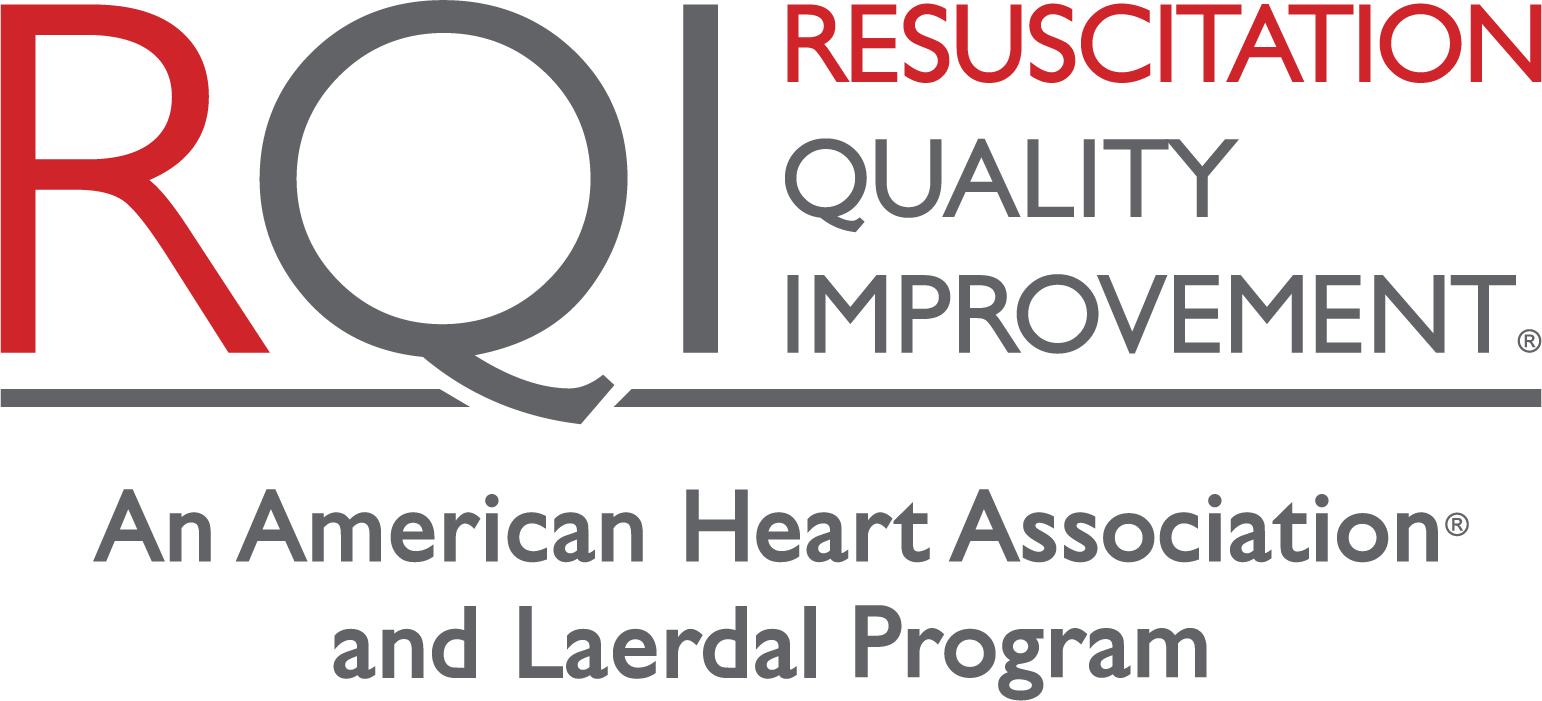The RQI ALS and PALS programs are designed with a diagnostic entry point to evaluate, differentiate, and provide a personalized experience for learners prior to entering the low-dose, high-frequency program delivered every quarter. A learner’s initial diagnosis of prior ALS or PALS knowledge is provided by the admin. This can be determined based on experience and knowledge demonstrated by the learner during on-the-job application. This diagnosis will place a learner in either the Prep or Entry assignment prior to entering the perpetual curriculum.
The Entry assignment is designed for the learner that currently has a foundation of ALS or PALS knowledge. In this assignment, a learner will still have to validate their knowledge via the pre-course self-assessment. If a learner cannot demonstrate current knowledge, they will need to be redirected to the Prep assignment to receive a remedial refresher of ALS or PALS content.
The Prep assignment is designed for a learner needing a foundation of knowledge of the curriculum. This assignment is delivered as an initial bolus of learning. This assignment can be needed by initial learners, or even learners needing remediation due to the variance in time and delivery method of their most previous ALS or PALS training.
Both assignments are provided to validate that a learner has a foundation of knowledge. This then allows for learning post the initial event via opportunities of recall and repetition that lead to a deeper processing of knowledge and skill into long-term memory. This model eradicates the significant decay of resuscitation knowledge and skill, ranging from 10 weeks to 6 months following conventional training.1-2
References
- Madden C. Undergraduate nursing students’ acquisition and retention of CPR knowledge and skills. Nurse Education Today. 2006; 26: 218-227. Doi 10.1016/j.nedt.2005.10.003
- Sutton RM, et al. “Putting It All Together” to Improve Resuscitation Quality. Emerg Med Clin N Am. 2012; 30(1): 105–122. Doi: 10.1016/j.emc.2011.09.001
